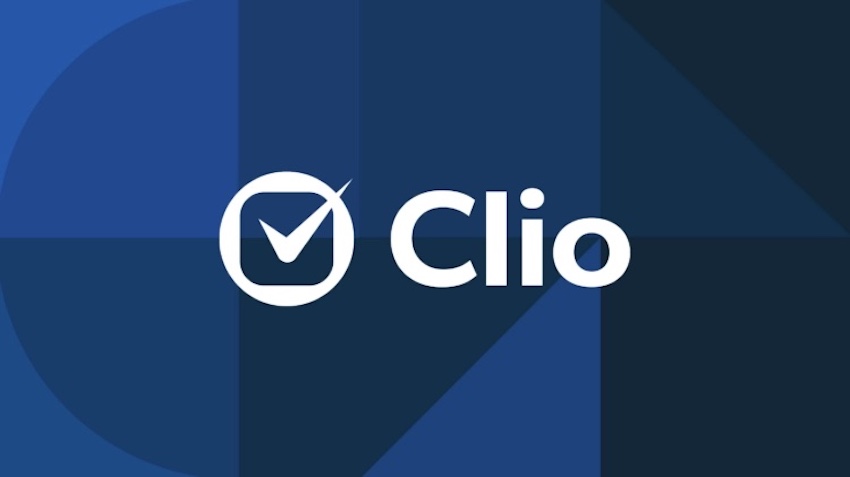Clio’s $1 Billion Acquisition of vLex Marks a Transformative Moment in Legal Tech
In a landmark move that reshapes the legal technology landscape, Vancouver-based Clio has finalized its $1 billion acquisition of vLex, representing one of the largest deals in the legal tech sector to date. The announcement on November 10, 2025, signals the culmination of strategic negotiations that began in June, creating what promises to be a powerhouse in legal services technology. This acquisition doesn’t stand alone – it coincides with Clio closing an impressive $500 million Series G funding round, pushing the company’s valuation to $5 billion and demonstrating remarkable investor confidence in its vision. The funding was orchestrated by an elite consortium of investors including New Enterprise Associates, TCV, Goldman Sachs Asset Management, Sixth Street Growth, and JMI Equity, all betting on Clio’s ability to revolutionize how legal services are delivered and consumed globally.
Founded in 2008, Clio has steadily built its reputation by developing cloud-based practice management software that thousands of law firms now rely on to manage their business operations and client relationships. The company’s growth trajectory has been impressive, expanding from a modest startup to a global enterprise employing 2,000 people worldwide, with most team members based in the United States and Canada. Their Vancouver headquarters houses more than 450 employees, while the company maintains a smaller but strategic presence in Washington state with a dozen team members. This geographic distribution reflects Clio’s focus on the North American legal market while positioning itself for global expansion, with their Seattle-based vice president of business development, Harsha Chandra Shekar, likely playing a key role in developing new market opportunities.
The acquisition of vLex brings two complementary strengths under one roof: vLex’s AI-powered research and drafting tool called Vincent, and its extensive global legal library containing millions of documents from jurisdictions worldwide. This combination addresses a critical gap in the legal technology ecosystem by uniting practice management capabilities with advanced legal research and document generation powered by artificial intelligence. The integration of these platforms promises to create a seamless workflow for legal professionals, potentially reducing the time lawyers spend on routine tasks while improving the quality and consistency of their work. For clients, this could translate into more responsive service, greater transparency in legal processes, and potentially lower costs as efficiency gains are realized throughout the legal service delivery model.
The vision behind this acquisition is clearly articulated by Jack Newton, Clio’s CEO and co-founder, who has established himself as a thought leader in the legal technology space through his authorship, podcast hosting, and co-founding of the Legal Cloud Computing Association. “With vLex now part of Clio, and 350+ experts in law, data, and technology joining our team, we are combining the best minds and the best tools to build the world’s most powerful legal intelligence platform,” Newton stated in the announcement. This statement reveals the broader ambition: not just to combine software products but to forge an integrated platform that fundamentally changes how legal work is performed. By bringing together experts from diverse fields – law, data science, and technology – Clio appears to be positioning itself at the intersection of multiple disciplines, recognizing that the future of legal services will require cross-domain expertise rather than siloed knowledge.
This latest development builds upon Clio’s already impressive financial momentum. In July 2024, the company raised $900 million in what it described as the largest capital raise ever for a cloud-based legal software company. That earlier fundraising, combined with the current $500 million Series G round, represents a staggering $1.4 billion raised in just 16 months. Such an influx of capital suggests that Clio has articulated a compelling growth strategy to investors, likely involving both organic expansion and possibly additional strategic acquisitions. The aggressive funding approach also positions Clio to compete against larger technology companies that have started to show interest in the legal vertical, potentially setting up competitive battles with enterprise software giants seeking to expand their footprint in professional services automation.
The implications of this acquisition extend beyond the two companies involved. As legal technology adoption accelerates globally, Clio’s moves signal a maturation of the legal tech market where scale and integration become increasingly important competitive advantages. For law firms of all sizes, this consolidation trend may mean fewer but more comprehensive technology solutions to evaluate, potentially simplifying their tech stack while providing more powerful capabilities. For legal professionals, the continued evolution of AI-powered tools like Vincent integrated into practice management systems could reshape daily workflows and redefine which tasks require human expertise versus which can be augmented or automated. As Clio works through the integration challenges inherent in any large acquisition, the legal industry will be watching closely to see if this bold combination delivers on its promise to create the “world’s most powerful legal intelligence platform” and what that means for the future of legal practice.


